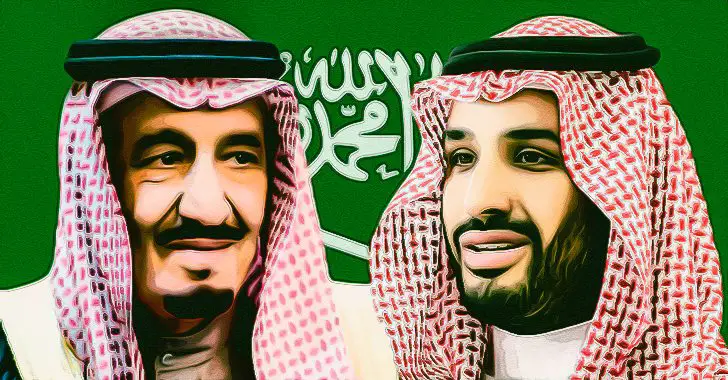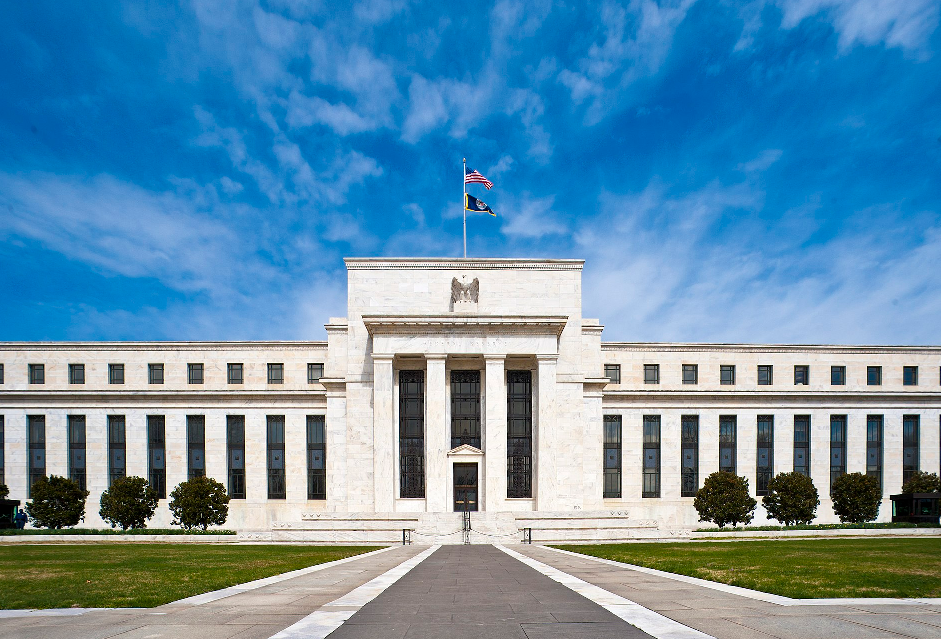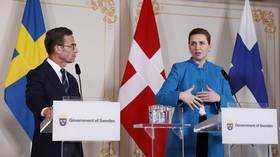New Report Shows Saudi Arabia's Reforms Are Bullsh*t, but Don't Expect the Media to Care

(TMU) — According to a new report from Human Rights Watch (HRW), Saudi Arabia continues to encroach upon basic human rights and freedoms at a concerning rate.
The report notes that activists, clerics and political dissidents continue to face arbitrary detention. The report also details that there have been mass arrests of women’s rights activists, many of whom have suffered sexual abuse and torture through the use of whipping and electric shocks.
Some of those still being held without charge, trial or any legal process include members of the Saudi royal family and rich construction moguls, arrested in the so-called anti-corruption crackdown of 2017.
Saudi Arabia made headlines not too long ago after announcing a package of social reforms which included allowing females to drive and apply for passports to leave the country without the permission of a male guardian. These reforms were widely celebrated in the West, but as even the HRW report explains, the recent reforms are not telling the full picture of what is taking place inside of the Saudi kingdom.
Despite a UN report published in June which essentially assigned responsibility of the brutal killing of journalist Jamal Khashoggi to the Saudi Crown Prince Mohammed Bin Salman (MBS) and other senior Saudi officials, this new report from HRW has barely attracted mainstream media headlines.
Why might that be?
Mohammed bin Salman is “the new, young crown prince reshaping Saudi Arabia,” Reuters once announced. “America should get behind Saudi Arabia’s revolutionary crown prince,” the Washington Post argued. “The Model for a Saudi Reformer,” the Wall Street Journal (WSJ) outlines. “Saudi Arabia’s Arab Sprint, at Last,” celebrated Thomas Friedman in the New York Times in 2017. “Mohammed bin Salman: Saudi Arabia’s great young reformer may struggle to control the forces he has unleashed,” the Independent once wrote. “Saudi Prince Mohammed bin Salman: A hard-to-read reformer” explains German newspaper DW.
The list goes on and on—and it’s worth noting that this praise appears to be coming from the so-called “liberal” media.
If worshiping war criminals and egregious violators of human rights makes you a liberal, then perhaps we need to redefine what a liberal is in the first place. And didn’t Donald Trump once accuse Saudi Arabia of committing the September 11 attacks? How did Trump go from verbally attacking Saudi Arabia to becoming one of its closest allies?
Whether the oil-rich country is committing attacks in Yemen, against its own people, or in the United States itself, the Saudi Kingdom sure does seem to get by with as little media criticism as possible.
The only exception to this rule is a Washington Post contributor who was brutally murdered in a Saudi Consulate in Turkey. But even then, and even with the amount of evidence connecting MBS to the assassination, it seems as though the Kingdom will feel no concrete repercussions as a result.
In fact, when the Guardian first reported on the infamous anti-corruption arrests of 2017, the Guardian’s author wrote in an article entitled “Saudi Arrests Show Crown Prince Is a Risk-Taker With a Zeal for Reform”:
“Saudi Arabia’s leadership has pulled off its boldest move yet to consolidate power around its young crown prince, Mohammed bin Salman, arresting 11 senior princes, one of the country’s richest men and scores of former ministers in what it billed as a corruption purge.” [emphasis added]
These arrests, celebrated by the media, are the same arrests now being criticized by HRW as being arbitrary.
In that vein, we can probably expect to see little in the way of any serious pushback against the Saudi Kingdom from the figureheads that matter the most. The only thing we can be sure of is that whatever it will take to force the US to finally turn against the Saudi Crown Prince will have nothing to do with human rights concerns.
By Darius Shahtahmasebi | Creative Commons | TheMindUnleashed.com



